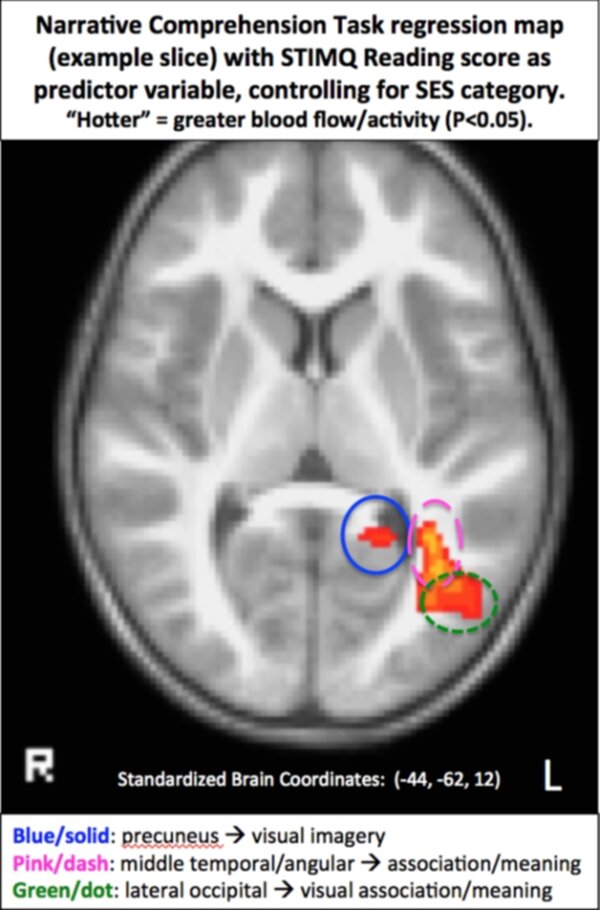The Science Behind Parents and Children Reading
Families who read to their children offer an important resource for a vital stage in their children’s development, and there is actually scientific evidence of the benefits of parents reading with their children, and its impact on the brain. Reading to children positively affects their cognitive abilities to learn language, develop social skills, and achieve academic success.
Data compiled by the nonprofit research group, Child Trends, indicate that children who are regularly read to develop a larger vocabulary, have higher levels of phonological, letter name, and sound awareness, and are better at decoding words. This puts them at an advantage to be ready for school and enthusiastic for further learning.

Research on the brain and benefits of reading
CONCLUSIONS: Greater parent-child reading during early childhood is associated with increased activation of brain areas involved with visual imagery and applying meaning to language in preschool children listening to stories, independent of SES. To our knowledge, this is the first study applying fMRI in this age range in the context of home reading environment to assess brain networks supporting emergent literacy, providing neural biomarkers for future studies of reading development and intervention.
Parents should understand that the significance of reading to their children extends beyond literacy comprehension. In an interview with PBS, Dr. Pamela High of the American Academy of Pediatrics stated:
“…We feel that the power of the experience of reading to children is really seated in the relationship between the parent and the child, that this is the way of building that relationship. And we do know from scores of information that it’s really the parent-child relationship, nurturing relationships between caregivers and children that set a positive life course.”
The positive evidence of parents reading with children is crystal clear. The Latino Family Literacy Project trains teachers to help Spanish-speaking parents learn to read with their children to learn vocabulary and English Language Skills.
